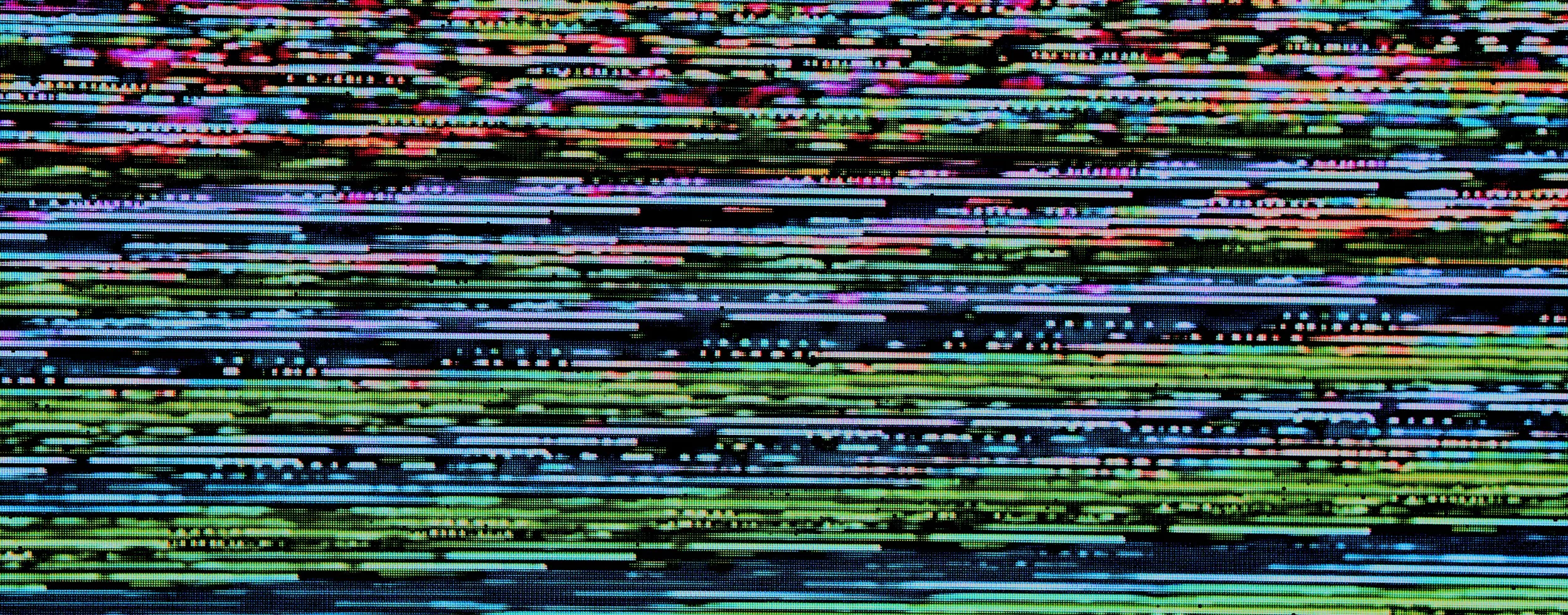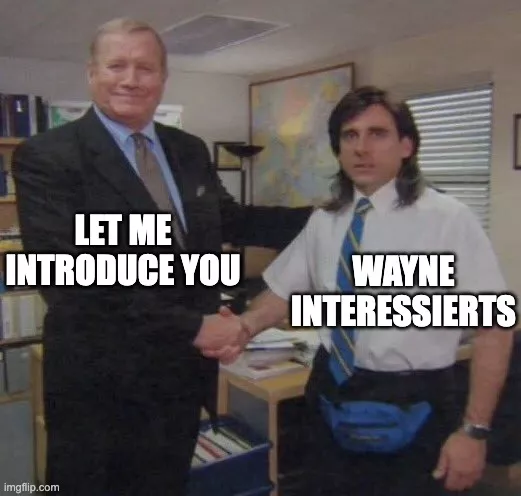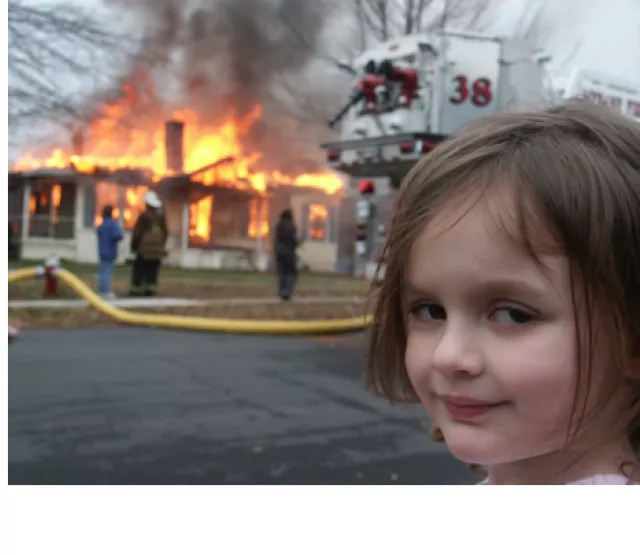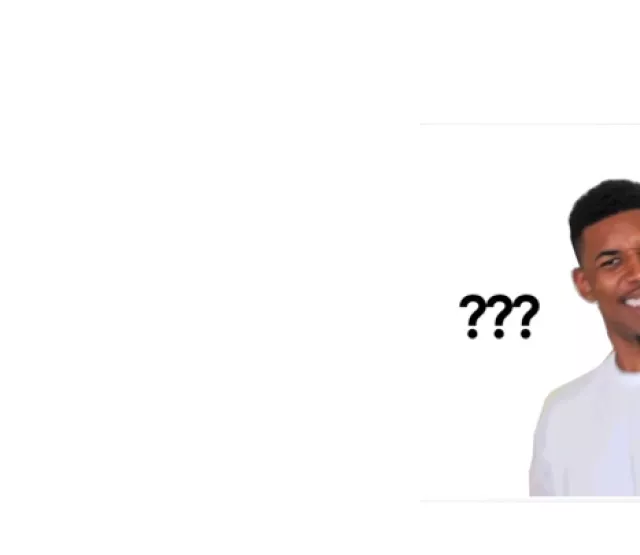
Förderjahr 2021 / Stipendien Call #16 / ProjektID: 5900 / Projekt: Synthetic Content for Probe-Resistant Proxies

Internet Censorship in Austria
This is Wayne.
Wayne lives in Austria and never experienced any form of Internet censorship, at least that's what he thinks.
Even Wayne is subject to it, although on a minor level compared to other Internet users around the world. For example, the Austrian supreme court ruled back in 2014 that ISPs need to block access to websites that violate copyright law [1], which included websites like kinox.to and movie4k.to [2]. However, these blockings are DNS based, which means they are enforced by the ISP's DNS servers and can therefore be easily bypassed by just changing the DNS server.
Internet Censorship Globally
The majority of global Internet users, however, experience a far more aggressive form of internet censorship or even Internet shutdowns which is not as trivial to circumvent. As reported in Freedom Houses annual "Freedom on the Net report" [3], Internet freedom declined for the 11th consecutive year. While certain countries like China are deploying sophisticated censor-systems for many years now, there is an alarming increase of censorship events visible across multiple other countries as well. Here are just some of the recent examples:
- Turkmenistan completely shuts down any social media platform, foreign media outlet, or website that criticizes the regime [4].
- Tajikistan cuts Internet access for 13 days following protests [4].
- On election day 2021 in Zambia reports surfaced on the blocking of WhatsApp and other social media services [5].
- Back in 2019 Kazakhstan rolled out a fake root CA to intercept HTTPS traffic [6].
- Following the military coup in Myanmar, the newly seized authority shut down the Internet from 6th to 7th of February [7].
- After the controversial presidential election, Belarus experienced Internet outages between the 8th and 17th of August 2020 [7].
Internet Censorship in Russia
The most prominent Internet censor inside Europe is Russia. It was recently discovered [8] and reported [9] that Russia took the censorship game to the next level by enforcing censorship through Internet throttling, which caught the eyes of the research community. Since activists use Twitter to criticize the regime and to organize protesting events, Russia pressured Twitter to remove over 3000 posts from its platform. Twitter however, declined but was therefore a victim of Russia's new throttling technique, by which domains related to Twitter suffer from slow Up- and Downstream speed, resulting in a drop off to a speed between 130 and 150 kbps. By using this novel technique, activists might blame Twitter for the bad service, not knowing that it was actually the regime enforcing this reduction of quality. Additionally, as of December 1st, Russia started to block access to the Tor network [10,11].
Outro
These alarming developments need to be a reminder to us, that the freedom of the Internet is at risk and that we need to support the development of circumvention tools against this trend. That is what my thesis aims to do, but more on that in the next blog.
[1] https://www.derstandard.at/story/2000003389813/oberster-gerichtshof-net…
[2] https://www.derstandard.at/story/2000064739105/kinoxto-und-co-welche-se…
[3] https://freedomhouse.org/report/freedom-net/2021/global-drive-control-b…
[4] https://www.accessnow.org/turkmenistan-internet-shutdowns/
[5] https://ooni.org/post/2021-zambia-social-media-blocks-amid-elections/
[6] https://censoredplanet.org/kazakhstan
[7] https://ooni.org/post/2021-investigating-internet-shutdowns-mozilla-tel…
[8] Xue, Diwen, et al. "Throttling Twitter: an emerging censorship technique in Russia." Proceedings of the 21st ACM Internet Measurement Conference. 2021
[9] https://www.nytimes.com/2021/10/22/technology/russia-internet-censorshi…
[10] https://blog.torproject.org/tor-censorship-in-russia/
[11] https://www.wired.co.uk/article/russia-block-tor-censorship





